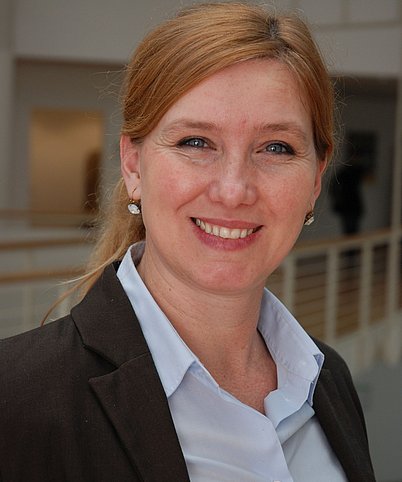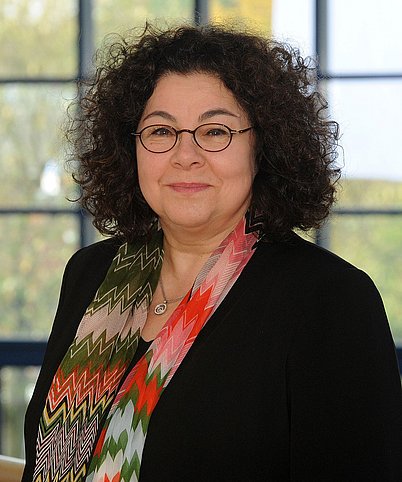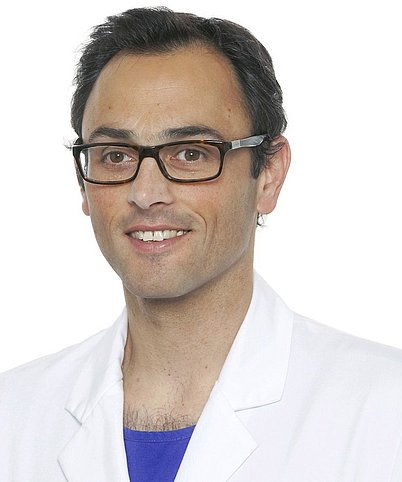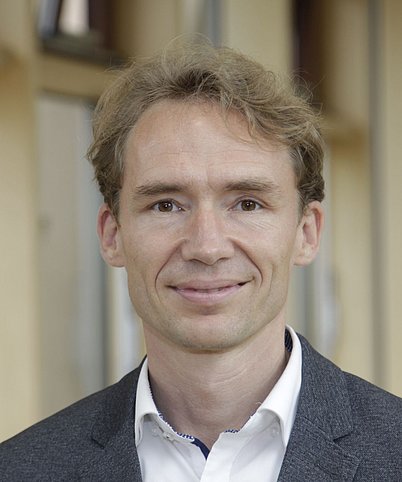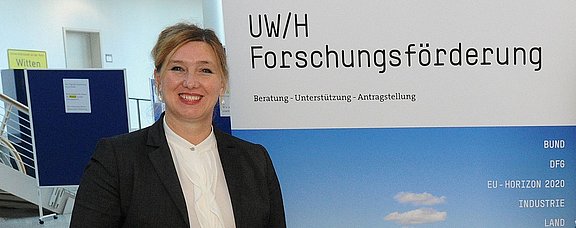
Die Serviceabteilung für alle UW/H-Wissenschaftler:innen
UW/H-Forschungsförderung
Die Abteilung Forschungsförderung der Universität Witten/Herdecke informiert, berät und unterstützt unsere Wissenschaftler:innen sowie Forschende kooperierender Kliniken bei der Einwerbung von Forschungsdrittmitteln. Angefangen bei Informationen zu Ausschreibungen nationaler und internationaler (Dritt-)Mittelgeber über die individuelle Beratung bei Ideen- und Projektskizzen bis hin zur förmlichen Antragstellung und den Vertragsverhandlungen bietet die Abteilung einen Komplettservice an.
Aktuelle News
Serviceangebote der UW/H-Forschungsförderung auf einen Blick
Von A wie Antragstellung bis Z wie Zuwendungsbescheid: Die Abteilung Forschungsförderung unterstützt Wissenschaftler:innen und (klinisch) Forschende bei allen Schritten des Antragsprozesses. UW/H-Angehörige finden detaillierte Informationen zu den einzelnen Punkten im Intranet.
Drittmittelberatung
Die Abteilung Forschungsförderung berät und unterstützt Wissenschaftler:innen sowie Forschende kooperierender Kliniken bei der Einreichung von Forschungsprojekten auf EU-, Bundes- und Landesebene, bei der DFG oder anderen relevanten Förderinstitutionen. Die Drittmittelberatung umfasst:
- Beratung zu Fördermitteln
- Recherche passender Fördermöglichkeiten
- Beratung zum Antragsaufbau
Antragstellung
Kommt es zur Antragstellung des Forschungsvorhabens bei der EU, dem Bund, der DFG oder bei diversen Stiftungen,
- prüft die Abteilung Forschungsförderung die Förderplausibilität.
- koordiniert und begleitet sie die Antragsstellung administrativ.
- berät sie zu klinischen Studien und begleitet diese.
- unterstützt sie bei der Erstellung formaler Anträge (z. B. Participant Portal, AZAP etc.).
- übernimmt sie die wissenschaftlich-technische und formale Antragsprüfung.
- koordiniert sie Antragsmodule mit Rechtsverbindlichkeit (z. B. Einholung diverser Unterschriften).
- übernimmt sie die Schnittstellenkoordination mit anderen Abteilungen.
- unterstützt sie bei der Budgetkalkulation.
Übersicht über weitere Förderangebote
Die Abteilung Forschungsförderung stellt für UW/H-Wissenschaftler:innen eine stets aktuelle Übersicht über potenzielle Förderer sowie Forschungsschwerpunkte nach Themengebieten zusammen und bündelt alle interessanten, fakultätsübergreifenden Ausschreibungen (Gesundheit, Wirtschaft und Gesellschaft) der unterschiedlichen Mittelgeber.
Industrieforschung
Für eine Kooperation mit Industriepartnern unterstützt die Forschungsförderung von der Budgetkalkulation bis hin zu Verhandlungen von (Drittmittel-)Verträgen und deren Abschluss.
Nachwuchsförderung
Das Team der Forschungsförderung steht allen Nachwuchswissenschaftler:innen für Fragen zu ihrer akademische Karriere in der Forschung zur Verfügung, z. B. bei der Bewerbung um ein Forschungsstipendien, der Einreichung eines Antrags für ein Forschungsprojekt oder der Vorbereitung eines Forschungsauslandsaufenthalts.
Infoveranstaltungen zur nationalen und EU-Forschungsförderung
Die Abteilung initiiert und konzeptioniert regelmäßig folgende Veranstaltungen:
- Infoveranstaltungen zu Drittmittelförderung und Einwerbung
- Workshops zur Förderberatung und Antragstellung
- Kooperationsveranstaltungen
- Inhouse-Schulungen für Nachwuchswissenschaftler:innen
„Dank der zielführenden Unterstützung der Forschungsförderung konnten wir erfolgreich Drittmittel einwerben. Die Mitarbeitenden kümmern sich um administrative Fragen – wir um die inhaltliche Gestaltung der Anträge.“
„Durch den Kontakt zu Unternehmen sichert die Universität ihren Studierenden den Zugang zur Praxis. Gleichzeitig findet die Wirtschaft so häufig ihre Fachkräfte von morgen.“
„Seit meinem Antritt 2021 konnten wir einige BMBF/BMG- sowie industriegeförderte Projekte einwerben – dank der Abteilung Forschungsförderung ein guter Start in die Drittmittelförderung.“
„Antragsteller kennen das Problem: knappe Fristen, zusätzliche formale Anforderungen des Projektträgers – zum Glück kümmert sich die Abteilung von Frau Nestler.“
„Während ich mich als Forscher auf fachliche Projektinhalte konzentrierte, erledigte die Forschungsförderung relevante Aufgaben der Antragseinreichung für mich. Ich konnte ich mich auf ihr Forschungsmanagement sowie ihre Expertise verlassen.“
„Das Team der Forschungsförderung war für uns jederzeit authentisch und mit Fachexpertise ansprechbar. Rasch, freundlich, unkompliziert, kompetent und mit Herz. So konnte das Innovationsfondsprojekt mit den wichtigen Playern im Gesundheitswesen gut gelingen. Herzlichen Dank dafür!“
„Klarita Nestler und ihr Team nehmen mit Engagement und Präzision am Prozess der Antragsstellungen teil. Auch ihnen danken wir, dass der Lehrstuhl für Medizintheorie, Integrative und Anthroposophische Medizin zeitgleich 4 Innovationsfondprojekte betreiben darf.“
Antragsreise in 99 Sekunden
Kontakt zur Abteilung Forschungsförderung

Klarita Nestler, M.S. European
Abteilungsleitung
Administration | Forschungsförderung und EU-Drittmittelberatung
Alfred-Herrhausen-Straße 50
58455 WittenRaumnummer: C-2.377
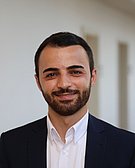
Bachana Garsevanashvili
Referent
Administration | Forschungsförderung und EU-Drittmittelberatung
Alfred-Herrhausen-Straße 50
58455 WittenRaumnummer: 2.385

Jan Hammerschmidt
Mitarbeiter
Administration | Forschungsförderung und EU-Drittmittelberatung
Alfred-Herrhausen-Straße 50
58455 WittenRaumnummer: 2.381

Felix Klüsener
Referent
Administration | Forschungsförderung und EU-Drittmittelberatung
Alfred-Herrhausen-Straße 50
58455 WittenRaumnummer: 2.384

Marlene Pielach-Puvogel, M. A.
Referentin
Administration | Forschungsförderung und EU-Drittmittelberatung
Alfred-Herrhausen-Straße 50
58455 WittenRaumnummer: 2.382

